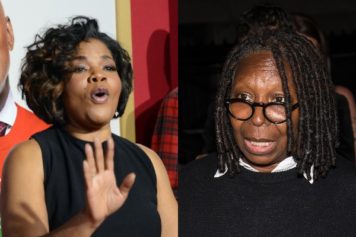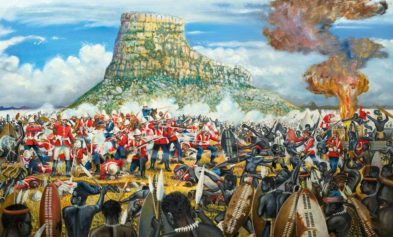Premiering and closing Cannes last week, “Zulu,” offers an ultra-violent portrayal of South African gang culture, where the familiar traces of apartheid still linger uncomfortably.
Directed by Jerome Salle (Largo Winch), the film centres around a cop, played by Forest Whitaker, searching for the murderer of a white teenager.
As a child, Whitaker’s character narrowly escaped being murdered by Inkhata, a militant political party at war with Nelson Mandela’s anti-apartheid ANC.
Now, as chief of Cape Town’s homicide branch, his quest to bring the perpetrator to justice leads him on a path that uncovers the unhealed wounds of post-apartheid South Africa.
Salle believes these sensitive issues were easier to explore for him and other foreign members of cast and crew, precisely because of the distance afforded them having not grown up around in South Africa.
As the director explains: “I’ve realized that perhaps it was easier for me, as a foreigner, to talk about modern South Africa because I was from outside. I had no past. So I was very comfortable to talk with black people, white people, coloured people. I’m French. I mean, I don’t feel guilty when I talk with a black guy, you know? It’s easier for me.”
Lead actor Forest Whitaker immersed himself in the townships skirting Cape Town, meeting bona fide Zulu gang members in a bid to understand the different emotional and physical, forces that dominate their world.
For him, it was a humbling but important experience: “This is the kind of world that exists, and I think this movie is trying to deal with it. I don’t want to augment, or say it’s cool, for the film to be so pessimistic because I think there are a lot of positive things that can, and do, happen. But certainly, trying to keep this pressure cooker in check and figure out how to let the tension out when you need to, is very important.”
Though some critics have panned the film’s depiction of violence as too showy — in light of all the severed heads, rapes and graphic mutilations – “Zulu’s” primary effect is to paint a grisly and cynical picture of life in the rainbow nation; one in which authorities are corrupt and vigilante justice is king.
Source: Euronews


